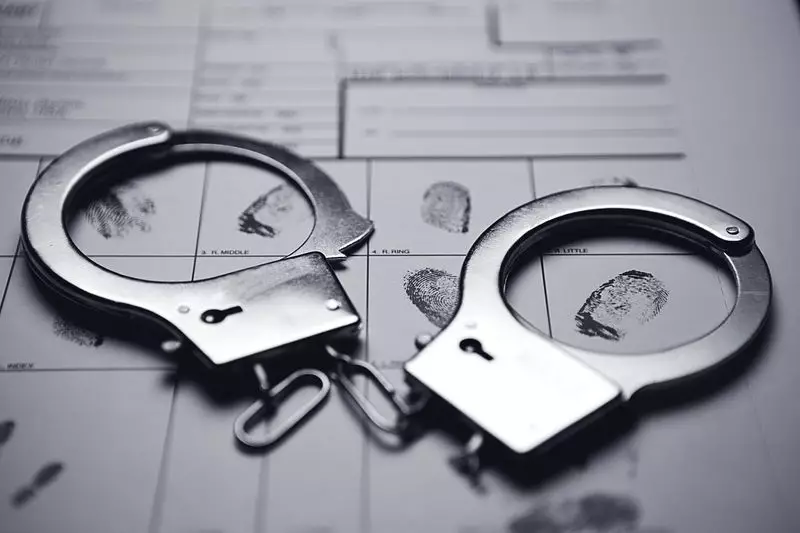
In a significant breakthrough that has sent shockwaves through security agencies, Delhi Police's Special Cell has apprehended two brothers allegedly involved in a sophisticated espionage operation using counterfeit travel documents.
The accused, identified as siblings operating from the national capital region, were caught following intensive surveillance and intelligence gathering by security forces. According to official sources, the duo had established an elaborate network for creating and distributing forged passports to facilitate espionage activities.
Modus Operandi of the Espionage Ring
Investigators revealed that the brothers had developed a sophisticated system for manufacturing fake passports that could bypass standard security checks. Their operation involved:
- Creating high-quality counterfeit passports with genuine-looking security features
- Establishing contacts with individuals seeking fraudulent travel documents
- Allegedly gathering sensitive information for foreign intelligence agencies
- Operating through multiple safe houses across Delhi-NCR
Evidence Seized During Raids
During coordinated raids at multiple locations, security personnel recovered substantial evidence including:
- Multiple fake passports with different identities
- Sophisticated printing equipment for document forgery
- Digital devices containing sensitive information
- Financial records indicating international transactions
- Communication equipment used for covert operations
Security officials emphasized that this bust has prevented potential threats to national security, as the fake passports could have been used by hostile elements to enter or exit the country undetected.
Ongoing Investigation and International Links
Intelligence agencies are currently investigating possible international connections to the espionage ring. Sources indicate that the brothers might have been working for intelligence agencies of neighboring countries, though official confirmation is awaited.
The Special Cell has formed multiple teams to track down other members of this network and identify all individuals who might have obtained fake passports through this racket.
This case highlights the evolving challenges in border security and document verification systems, prompting security agencies to review existing protocols for passport verification and international travel documentation.






